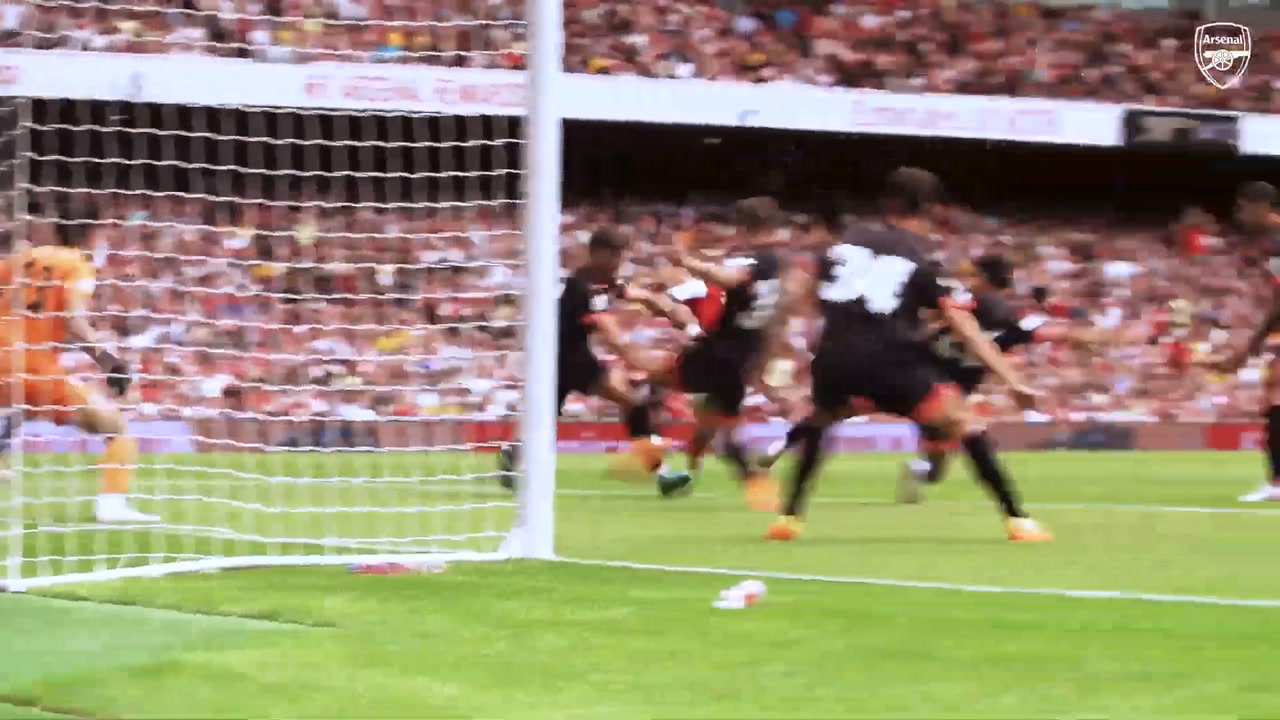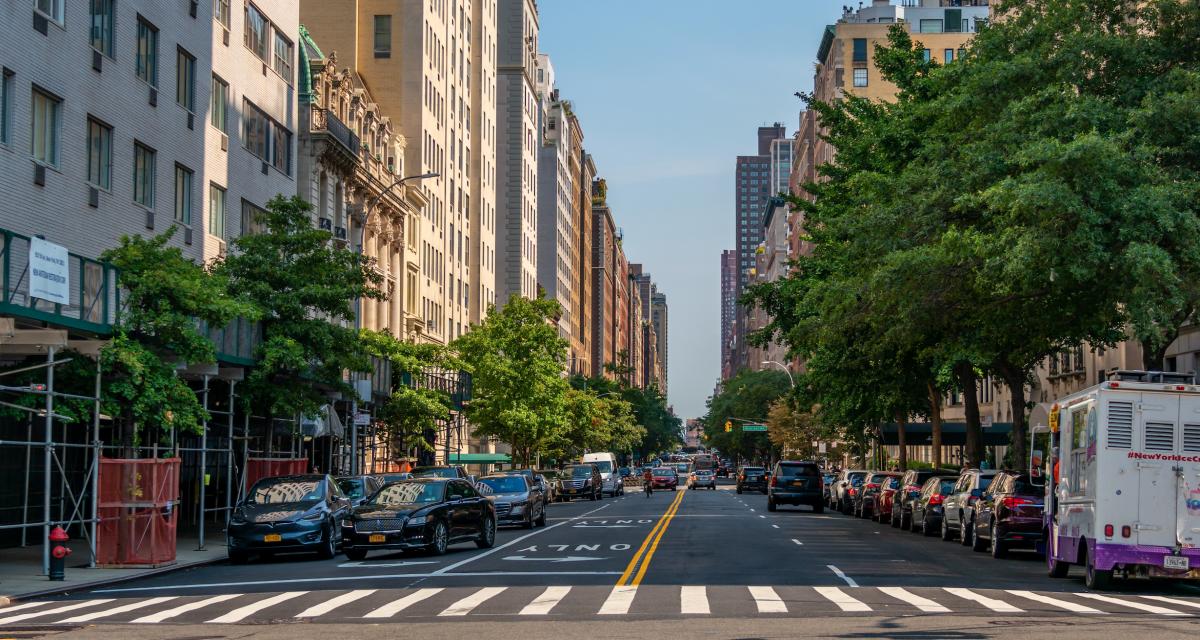reprimands Prosecutor José Joaquín Pérez de Gregorio has asked for the condemnation of former President of Parliament Roger Torrent and former members of the Josep Costa table, Eusebi Campdepadrós 20 months of disqualification and Adriana Delgado 16 months for disobeying the Constitutional Court (TC) in 2019. “They disobeyed because they believed they were above the justice system. They believed they were a caste above the citizens,” he said. the prosecutor, this Friday, at the end of the trial at the Superior Court of Justice of Catalonia (TSJC). A sentence that was repeated by the three defenders, who asked for the absolution of the politicians. “They are not chaste but politicians who defended the rights of deputies”, Andreu Van den Eynde, aboTorrent cattle. Olga Arderiu, defender of Adriana Delgado, added that the accused “are not above anyone, but they must have the same level, legislative and judicial”. For his part, Jordi Pina, lawyer of Eusebi Campdepadrós, denounced that with this case, like that of 2014 with 9-N, “They want to scare the Catalan deputies lest they utter the word self-determination or disapproval of the monarchy ”. The three lawyers have appealed to the court, chaired by Carles Mir, to be guided by the resolutions of the European Court of Human Rights (ECHR), as well as the latest private votes within the TC, which support the defense freedom of expression and political participation.
Roger Torrent, Adriana Delgado and Eusebi Campdepadrós availed themselves of the right to the last word, and the three insisted that they did not want to disobey the TC when they admitted the sovereign resolution for processing in 2019. They also appealed with the their actions defended the right to political participation and freedom of expression for Members of Parliament. Delgado, who is mayor of Sant Vicenç de Castellet, indicated that the sentence could affect her politically and personally. Torrent, Minister of Affairs, and Campdepadrós, Secretary for the Administration of Justice, would also be hit in these public positions if they were sentenced to interdiction, as the prosecution claims. “It is a political process,” said Campdepadrós, who also assured: “The motion to disapprove of the monarchy was presented before the king fled to Abu Dhabi and the prosecution found it a tax crime”.
The president of the court, the magistrate Carles Mir, approved the trial for the conviction and asked for “calm” to the accused and the parties, and said: “This sentence will not come out in two daysit is a complicated sentence, so it will take all the time necessary. “At the beginning of the session, the magistrate reported that Josep Costa had been offered to attend the end to avail himself of the right to the last word, which, according to Mir, he rejected .
The reasoning of the prosecutor
In his report, prosecutor Pérez de Gregorio stated that the accused “did not deny the facts” and assured that they committed the crime of disobedience, while stating that they had not been voted on or that the resolution was not published in the Parliamentary Bulletin . The prosecutor added that the TSJC with the 2017 Parlament table and the TC “already clarified to them that they have no parliamentary inviolability “ and must comply with court orders. This is why he branded them as “caste above the citizens”. The prosecutor also wanted to block the court from acquitting the accused appealing to the figure of the prohibitionist error when they assure it Neither they nor the lawyers in Parliament were clear on what the TC’s order was, as it referred to previous resolutions. “The situation above the TC would go unpunished,” warned Pérez de Gregorio. The prosecutor publicly thanked him for the “respect” that both the court and the defenses showed him in this proceeding.
Fundamental rights at stake
In turn, the criminal Andreu Van den Eynde exclaimed that “the prosecutor only had 15 minutes for finalize separation of powers and fundamental rights“, and he did not even make an effort to question the witnesses,” as if the case had already been tried “, referring to the conviction of the Table chaired by Carme Forcadell, despite the divergence of resolutions. Van den Eynde insisted that the mandate of the TC “was not clear”, and that in no case was the debate on self-determination and disapproval of the monarchy forbidden. “It is a type error, an invincible error”, insisted the criminal lawyer, a statement shared by Arderiu and Pina, to ask for the acquittal of the accused. In this sense, Olga Arderiu indicated that the PSC representative at the table, David Pérez, admitted in the trial that given the doubts that the lawyers had about the TC order and “out of fear” he decided who opposed the admission to the treatment of the parliamentary initiative. Arderiu also insisted that the Table is “a body for parliamentary debate” and the admission of political initiatives “cannot be understood as a procedural or administrative function, as well as those it has”.
For his part, Jordi Pina recalled how the crime of disobedience has evolved since he defended Minister Irene Rigau for the referendum of 9-N 2014, and who already at that moment had defined the process as very serious. Pina also referred to the division of criteria currently in force at the Constitutional Court (TC) on freedom of expression and political participation, and asked the TSJC court to bring this reading closer to the Strasbourg court, where the Catalan’s requests arrived The separatists sentenced for the events of 2017.


